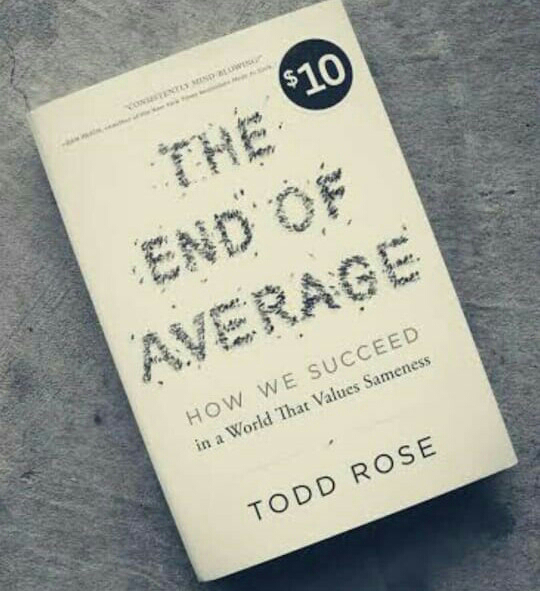Search for Free Books
Saturday, August 19, 2023
Thursday, August 10, 2023
BOOK OF THE DAY
10 lessons from "The Art of Public Speaking" by Dale Carnegie:
1. Become interested in other people. The most important thing to remember when speaking to an audience is that you are not the most important person in the room. Your audience is, and you need to focus on their needs and interests.
2. Smile. Smiling makes you look confident and approachable, and it also helps to put your audience at ease.
3. Be enthusiastic. Enthusiasm is contagious, and it will make your audience more likely to be interested in what you have to say.
4. Speak clearly and slowly. Don't mumble or speak too quickly, or your audience will have trouble understanding you.
5. Use simple language. Avoid using jargon or technical terms that your audience may not understand.
6. Tell stories. Stories are a great way to engage your audience and make your points more memorable.
7. Ask questions. Asking questions is a great way to get your audience involved and to get feedback on your presentation.
8. Vary your tone of voice. Don't drone on in a monotone voice. Use different tones to emphasize different points and to keep your audience engaged.
9. Use gestures and facial expressions. Gestures and facial expressions can help to emphasize your points and to make your presentation more lively.
10. Practice, practice, practice. The more you practice, the more confident you will become, and the better your presentation will be.
These are just a few of the many lessons that can be learned from "The Art of Public Speaking." If you follow these tips, you will be well on your way to becoming a more confident and effective public speaker.
#booksknowledgegrowth
#bookedbymysticvenus
#publicspeaking
#daleCarnegie
Grateful thanks to:
Labels:
Book of the day
Monday, August 7, 2023
BOOK OF THE DAY
https://india-herald.com/indian-american-writer-chitra-divakarunis-latest-book-independence-rele-p8453-65.htm
Labels:
Book of the day
Sunday, August 6, 2023
Saturday, August 5, 2023
BOOK OF THE DAY
MIND MANAGEMENT
NOT
TIME MANAGEMENT
BY
DAVID KADAVY
1. Being productive today isn't about time management, it's about mind management.
2. Time management optimizes the resource of time. Mind management optimizes the resource of creative energy.
3. Not all hours are created equal: If you write for an hour a day, within a year you'll have a book. But you can't instead simply write for 365 hours straight, and get the same result.
4. The First Hour Rule is simply this: Spend the first hour of your day working on your most important project.
5. If you start your day working on the most important thing, there's less of a chance for other things to get in the way.
6. Sometimes your mind is better-suited to think creatively. Sometimes your mind is better-suited to think analytically.
7. The point of time is not to fill as much life as possible into a given unit of time. The point of time is to use time as a guide to living a fulfilling life.
8. A one-hour increase in average daily sleep raises productivity by more than a one-year increase in education.
9. When you randomly switch from one activity to another, your energy leaks...If you're doing that all the time, little of your energy is going toward traction.
10. A Harvard study found that the busier knowledge workers were, the less creative they were; this study found that as workers became more busy , they did less creative thinking activities such as; brainstorming. They reported fewer insights and their work was also rated as less creative by their colleagues .
11. Noise level can also affect your ability to think creatively...studies suggest that a background noise level of about seventy decibels is optimal for idea generation.
12. Things are not difficult to make; what is difficult is putting ourselves in the state of mind to make them.
Friday, August 4, 2023
BOOK OF THE DAY
During pivotal times such as the ones we are living in, when everything seems to be sinking beneath our feet and we struggle to find answers; when we live in a world that seemed stable and lasting until a few decades ago, one in which hundreds of civilisations have matured and amassed a body of knowledge which we have inherited, yet we lose some of it daily; when we live on a beautiful planet with a sun, a moon and oceans which have always claimed our love and which today we are concerned about potentially losing; in a time such as this, so fragile, we must change our perspective, and books such as 123 Ways to Look at Life, by Bernardo Moya, are simply essential.
*From the PROLOGUE of the book*
Labels:
Book of the day
Subscribe to:
Posts (Atom)









